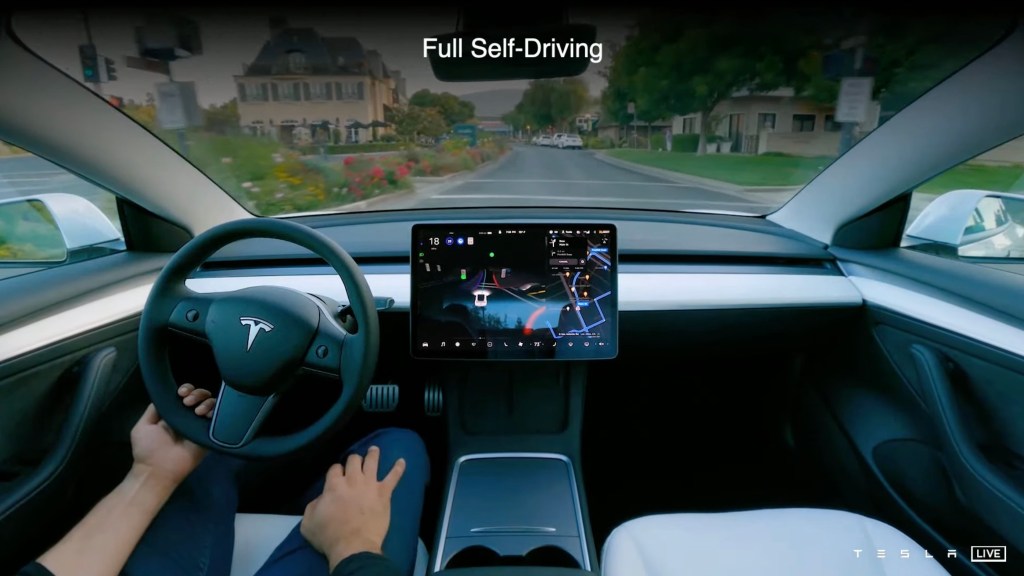Tesla’s FSD Approval in Europe Faces Regulatory Hurdles
Tesla’s ambition to deploy its Full Self-Driving (FSD) software across Europe has encountered significant regulatory challenges, particularly with the Dutch vehicle authority, RDW. This development underscores the complexities of introducing advanced driver-assistance systems within the European Union’s stringent regulatory framework.
Tesla’s Announcement and RDW’s Response
In a recent social media post, Tesla announced that RDW had committed to granting national approval for FSD in February 2026. The company encouraged its European customers to express their enthusiasm to RDW, suggesting that such support could expedite the approval process. However, RDW promptly clarified that no such commitment had been made. The regulator emphasized that while a demonstration of FSD Supervised is scheduled for February, any approval would be contingent upon a thorough evaluation of the system’s safety and compliance with existing regulations. RDW also requested that the public refrain from contacting them, as it diverts resources from their primary focus on road safety.
Regulatory Landscape and Challenges
The European Union’s regulatory environment presents unique challenges for the deployment of autonomous driving technologies. Current regulations, such as the United Nations Economic Commission for Europe (UNECE) Regulation 79, impose limitations on features like system-initiated lane changes. Although amendments to these regulations are anticipated to take effect by September 2025, allowing for more advanced autonomous features, Tesla’s FSD must still undergo rigorous testing and approval processes to ensure compliance and safety.
Tesla’s Strategy and Efforts
Tesla has been proactive in its efforts to secure approval for FSD in Europe. Over the past year, the company has conducted demonstrations for regulators in nearly every EU country and has accumulated over one million kilometers of internal testing across 17 nations. Tesla argues that some existing European regulations are outdated and not suited for modern AI-based autonomy systems. Consequently, the company is seeking exemptions on a rule-by-rule basis, rather than modifying the software to fit existing frameworks, which it believes could compromise safety and performance.
Customer Involvement and Regulatory Independence
Tesla’s call for customer support in influencing regulatory decisions is unprecedented. CEO Elon Musk has openly expressed frustration with the pace of regulatory approvals in Europe and has encouraged customers to lobby on the company’s behalf. However, experts caution that such pressure campaigns could undermine the independence and rigor of the approval process. The sanctity of regulatory approvals is ensured by their independence and thoroughness, not by external pressure.
Implications for Tesla and the European Market
The outcome of Tesla’s engagement with RDW and other European regulators will have significant implications for the company’s operations in the region. Approval in the Netherlands could serve as a gateway for broader acceptance across the EU, given the mutual recognition of vehicle approvals among member states. However, the path to approval is fraught with challenges, including aligning Tesla’s innovative technologies with existing regulatory standards and ensuring that safety remains the paramount concern.
Conclusion
Tesla’s pursuit of FSD approval in Europe highlights the intricate balance between technological innovation and regulatory compliance. While the company has made substantial efforts to demonstrate the safety and efficacy of its system, the final decision rests with regulatory bodies committed to upholding road safety standards. As the situation develops, it will be crucial for Tesla to navigate these regulatory landscapes thoughtfully, ensuring that its advancements align with the stringent requirements of the European market.



